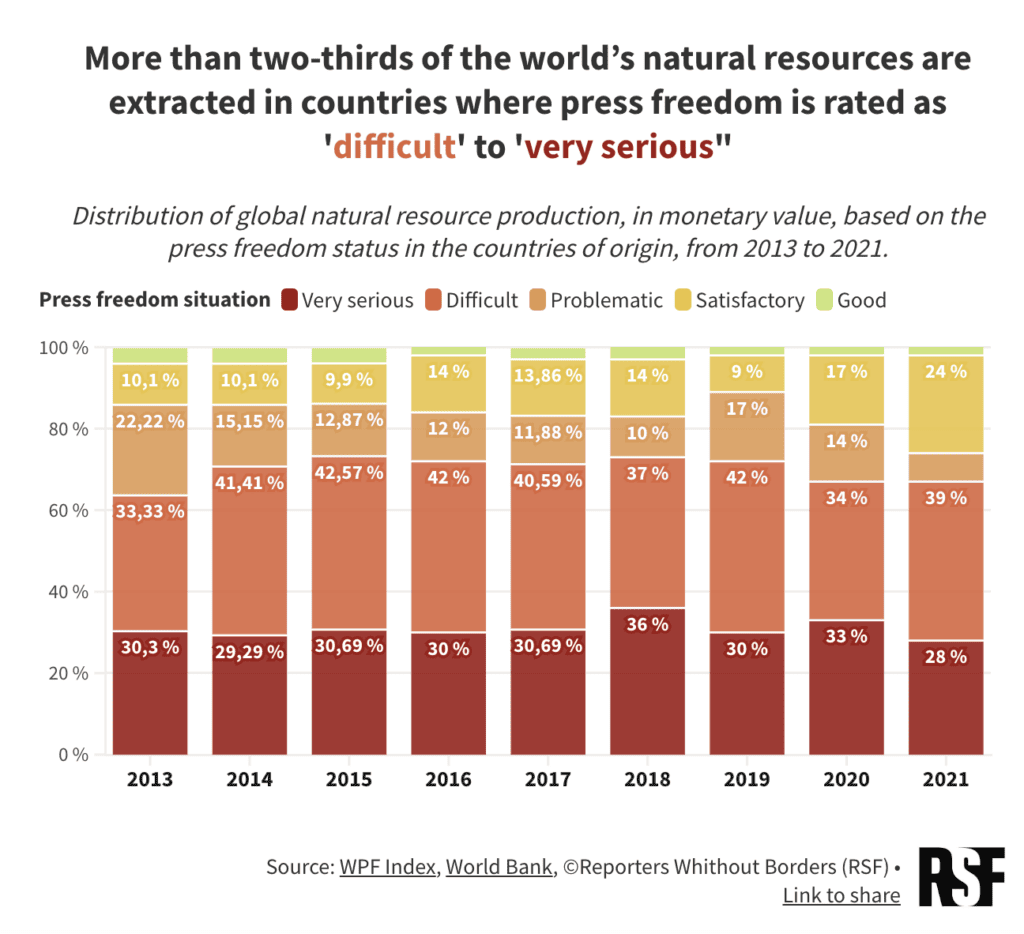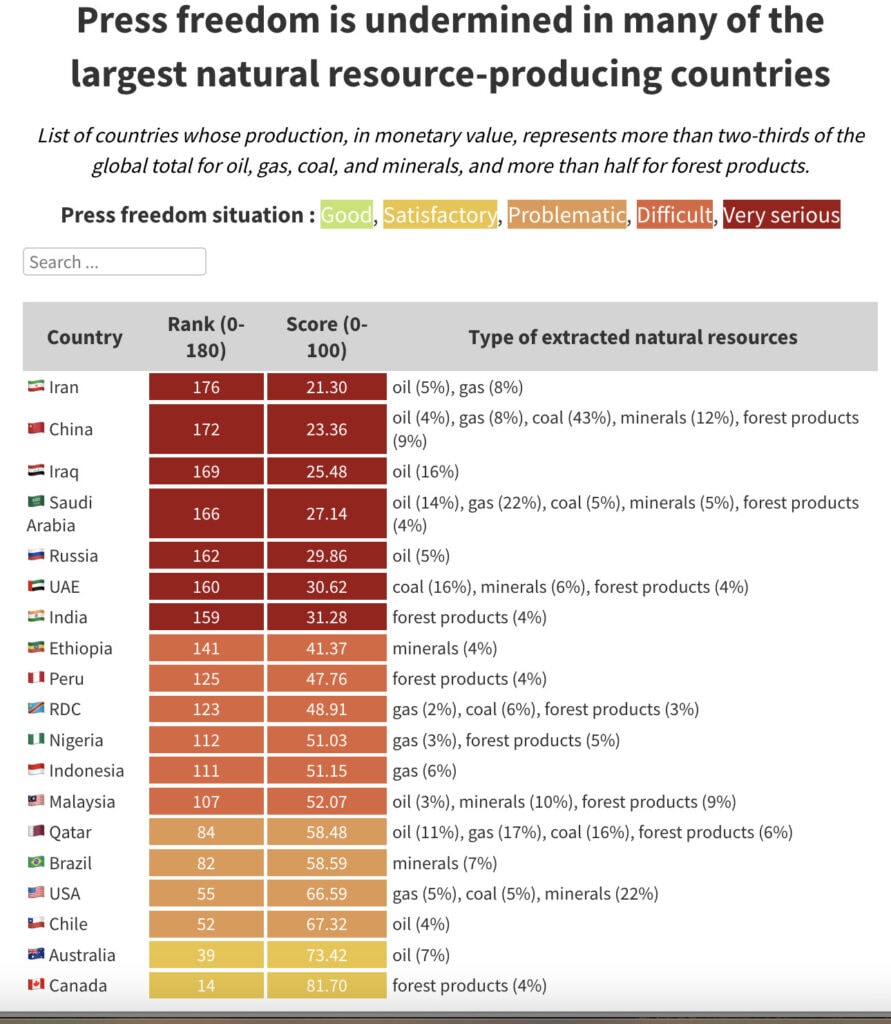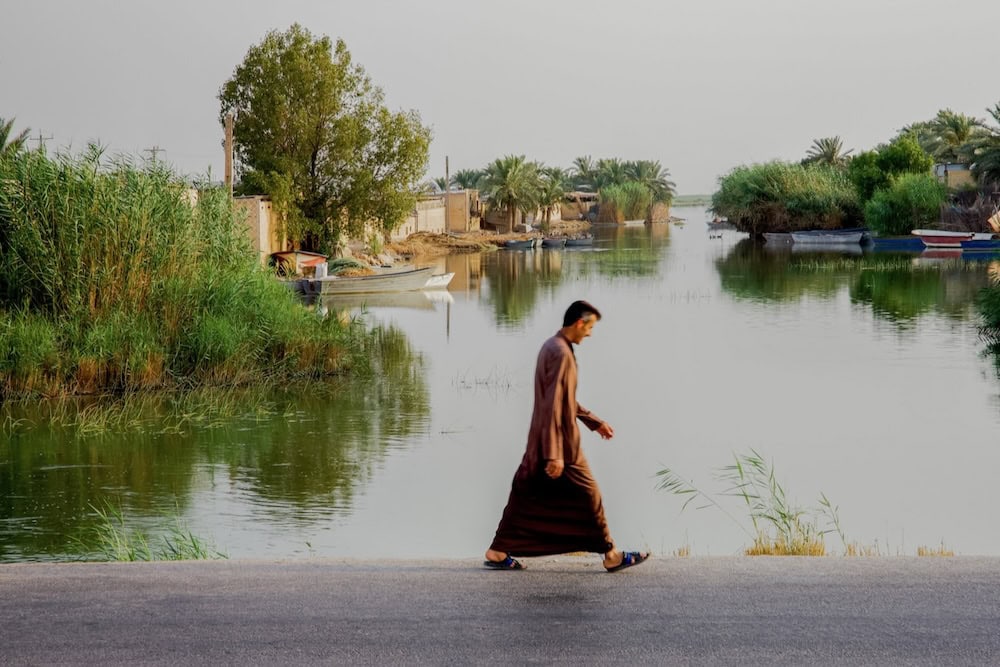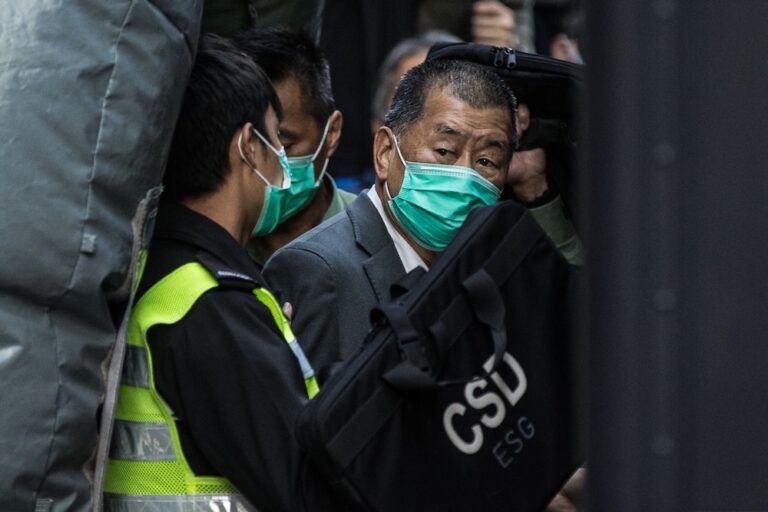The right to information about the exploitation of natural resources is vital to combatting our climate crisis: RSF urges the international community to do more to protect climate journalists.
This statement was originally published on rsf.org on 28 October 2024.
Most of the world’s natural resources – fossil fuels, minerals and forest resources – come from countries where investigating their extraction and its environmental and social impacts is difficult, if not impossible. This is what Reporters Without Borders (RSF) found by looking at natural resource exploitation data in the light of its Press Freedom Index. RSF urges the international community to combat the obstacles to press freedom in these countries and ensure better protection for journalists so that they can cover the environmental challenges linked to extraction.
When RSF matched its World Press Freedom Index against the World Bank’s estimates of total natural resources rents, it discovered that two thirds of the world’s natural resources are extracted in countries where the press freedom situation is classified as “difficult” or “very serious.”

“The right to information about the exploitation of natural resources is vital to understanding the disastrous consequences of extraction, including the massive pollution of ecosystems, destruction of biodiversity, depletion of resources and exploitation of workers. Without journalists present to cover forest clearcutting, photograph giant open-cast mines or tell the stories of displaced and exploited populations, crimes against the environment and fundamental rights will take place in deadly silence. We urge the international community to pressure the countries concerned to remove these obstacles and to guarantee the protection of environmental journalists.”
Arthur Grimonpont, Head of RSF’s global challenges desk
According to the United Nations, without urgent and concerted action by the international community to change the current trajectory, resource extraction will have “catastrophic impacts on the earth systems and ecological processes that underpin human well-being and the diversity of life on our planet.”
But environmental journalism, which is the initial source of information about the impacts of extraction, faces serious obstacles, according to RSF’s analysis. Globally, from 2013 to 2021, 78% of fossil fuels (oil, gas and coal), 45% of mining products, and 67% of forest products came from countries where the press freedom situation is “difficult” or “very serious”. Countries where journalism is silenced (where the situation is “very serious”) alone account for almost a third (31%) of the global exploitation of natural resources.

Resource predators, press freedom predators
China is the world’s largest coal producer, second largest mining producer, and second largest logger. “Although blatant, the environmental destruction caused by mining is poorly documented in China because it is hard to collect data, dangerous to go into the field, and nearly impossible to publish sensitive information about these issues in the national media,” Guillaume Pitron, independent journalist and raw materials specialist, told RSF.
The few journalists investigating environmental issues in China are severely under-resourced and risk being censored or labelled as “traitors” and thrown in prison by the Party, as is anyone exposing facts that embarrass the country’s political and business leaders. There are even worse possibilities. In 2018, Lu Guang, a World Press Photo award-winning photojournalist who had exposed the ravages of China’s mining industry, suddenly disappeared. Regarded as the world’s biggest jailer of journalists, China is ranked 172nd out of 180 countries in RSF’s 2024 World Press Freedom Index. Its government cracks down systematically on independent media.
Although Russia (ranked 162nd out of 180 countries in RSF’s Index) is one of the world’s leading exporters of fossil fuels and mining products, its environmental reporters are constantly threatened with arrest or violence, as are all Russian journalists. Since the invasion of Ukraine, the few independent media outlets in Russia have been banned or blocked. They include the environmental news site Kedr, which was forced to close after being designated a “foreign agent” by the authorities. The government has also blocked all access to official databases on the environment and pollution.
In India (ranked 159th in the Index), which is among the world’s leading producers of coal, mining and forest products, environmental issues are one of the most dangerous subjects to cover. Of the 28 journalists killed in the past ten years in India, almost half were investigating stories linked to the environment, including the country’s “sand mafia,” an organised crime network that mines sand illegally for the construction industry.
As for the world’s leading fossil fuel producers, they are almost all among the countries that persecute journalism most. This is particularly the case for the Persian Gulf countries – Saudi Arabia (166th), the United Arab Emirates (160th), Iraq (169th), Iran (176th) and Kuwait (131st) – which alone control more than a quarter of the world’s oil supply. The impact of fossil fuel combustion on the climate is well known but the impact of its extraction is much less so. Yet it is massive: methane leaks associated with the extraction of oil, gas and coal alone represent 7% of global greenhouse gas emissions. However, these could easily be avoided if they were detected and reported to the authorities, as some investigative journalists do, despite frequent restrictions on media access.
The relative infrequency of attacks on journalists in many regions where natural resources are exploited intensively does not necessarily mean that journalists are safer in those regions. Rather, it is attributable to the fact that journalistic coverage is limited or non-existent, which is in turn due to restrictions on access, a lack of resources for investigative reporting, or media self-censorship.
RSF defending environmental journalism
RSF has drawn attention to the plight of environmental journalists around the world on several occasions in recent years. In 2022, RSF’s Swedish section published a report entitled Blank Spots in the Barents Region about the difficulties encountered by journalists covering environmental issues in the Barents Sea, a fossil fuel-rich region located north of Norway and western Russia, where they are often harassed and attacked by polluting corporations. In 2023, an RSF report entitled Scorched lands of journalism in the Amazon examined the threats and harassment to which journalists covering deforestation in the Brazilian Amazon are subjected by regional business interests. RSF also reported on the investigation into the June 2022 murders of Dom Phillips and Bruno Pereira.
Methodology and data sources
The data on rents from natural resource exploitation is provided by the World Bank. The minerals included in the analysis are tin, gold, lead, zinc, iron, copper, nickel, silver, bauxite and phosphate. The forest products correspond to logging. The fossil fuels included in the assessment are coal, oil and gas. For each category of resources, the monetary value of their exploitation is estimated using world prices.
RSF’s World Press Freedom Index assesses the press freedom situation in each country on the basis of political, economic, legislative, social and security criteria. Countries are classified into five categories, according to whether the situation is considered good, satisfactory, problematic, difficult or very serious



